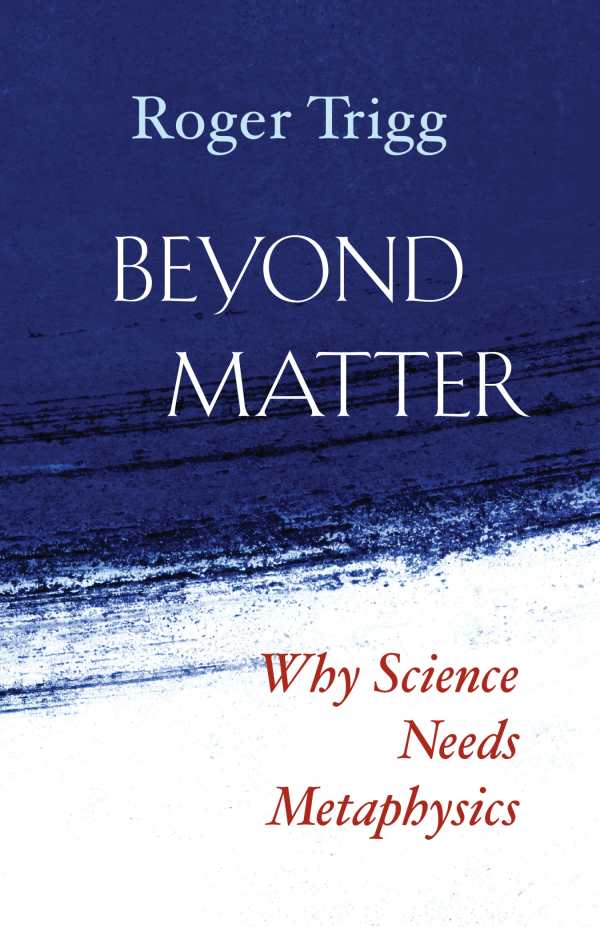Beyond Matter
Why Science Needs Metaphysics
Science must be able to acknowledge things unseen, according to this well-reasoned philosophical work.
Thoughtful and well-reasoned, Beyond Matter makes a case that philosophy is a crucial part of the scientific process.
Science focuses on the hows of nature, but this book argues that the whys are at least as important. From astronomy to sociology, it argues, science is better off when it incorporates metaphysics. The book’s arguments are profound. Trigg points out that pondering invisible phenomena like atoms led to verification of scientific concepts, and he likens these theories and discoveries to current inquiries in theoretical physics.
The book references Richard Dawkins several times and could function as a philosophical answer to that thinker’s work, which also addresses the possibility of the existence of God. However, most of the book is aimed at showing that science needs to be able to acknowledge things that it can’t see and measure in order to reach its full potential. Several of the examples rely on a modern understanding of theoretical physics, which helps to ground the book in territory that even the most die-hard of data-based researchers will find convincing. Gentle in its method, the work goes out of its way to emphasize the importance of empirical science.
Beyond Matter is also a thoroughly academic text. Occasionally, the language that the book uses can be a little confusing. This is partially because this is a postgraduate-level text, partially because the subject matter is generally not easily explained, and partially because of the book’s style. Long, multipart sentences can exhibit a complexity that sometimes seem unnecessary. A standard example is the first sentence of chapter 2, which reads, “The reduction of science to a mere species of social practice may please those who disliked the scientific imperialism which makes science the only path to truth.” Those with backgrounds in philosophy and academia will appreciate this work must fully, but even for students of the genre, this book is likely to be a difficult read.
Still, Beyond Matter has the potential to transcend academia, thanks to its friendly tone and willingness to address atheism in a noncombative way—a rarity in works along the science-philosophy divide. In an age when belief and research seem pitted against one another, this book is a welcome window of bipartisan sanity. Ideal for researchers and thinkers, but also a good pick for interested armchair philosophers.
Reviewed by
Anna Call
Disclosure: This article is not an endorsement, but a review. The publisher of this book provided free copies of the book to have their book reviewed by a professional reviewer. No fee was paid by the publisher for this review. Foreword Reviews only recommends books that we love. Foreword Magazine, Inc. is disclosing this in accordance with the Federal Trade Commission’s 16 CFR, Part 255.

